In an attempt to make gun laws just a little easier to understand, we’re breaking down some of the most common laws that affect gun owners.
On today’s legal docket: the Firearms Owners Protection Act.
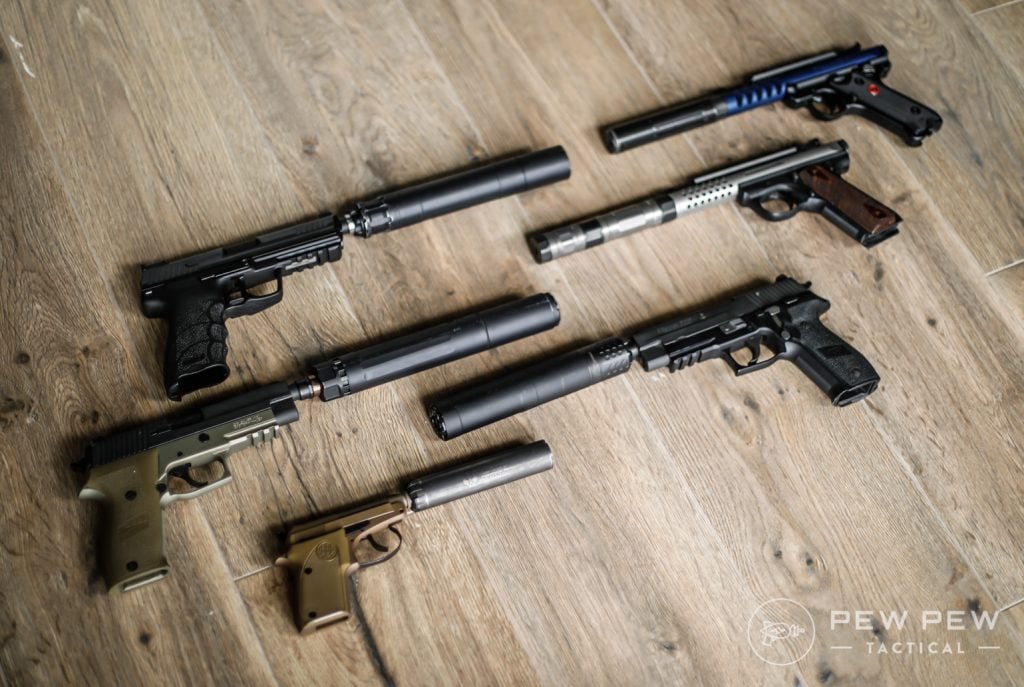
We’re going to run you through the history of FOPA, tell you what it did for the GCA (and gun owners), and fill you in on all the bits of info you need.
But first, we gotta do the disclaimer…
Disclaimer: While the information provided here is legal in nature, it is not to be construed as legal advice and is for educational and entertainment purposes only.
Table of Contents
Loading…
What Is FOPA?
Passed after the Gun Control Act of 1968, FOPA addressed some of the issues that arose after the passage of the GCA.

(For those who need a quick refresher on the GCA, take a look at our article here.)
Basically, the issues at hand involved the definition of a “gun dealer” and its requirements. This often resulted in everyday gun owners getting caught up in supposed violations of the law.
Many people complained that the ATF had used the GCA to repeatedly inspect FFL holders and their records — essentially harassing them.
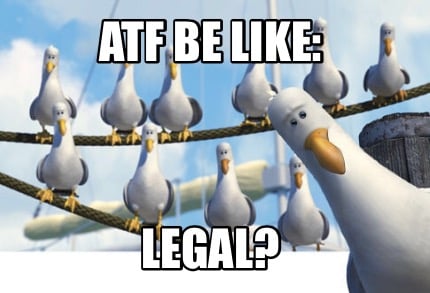
They further alleged the Bureau treated individuals as “gun dealers,” even if they only sold a few guns a year.
To address these concerns, lawmakers came up with FOPA.
To eliminate the abuse of the GCA rules, FOPA redefined “gun dealer” to exclude people who only made occasional sales or repairs.
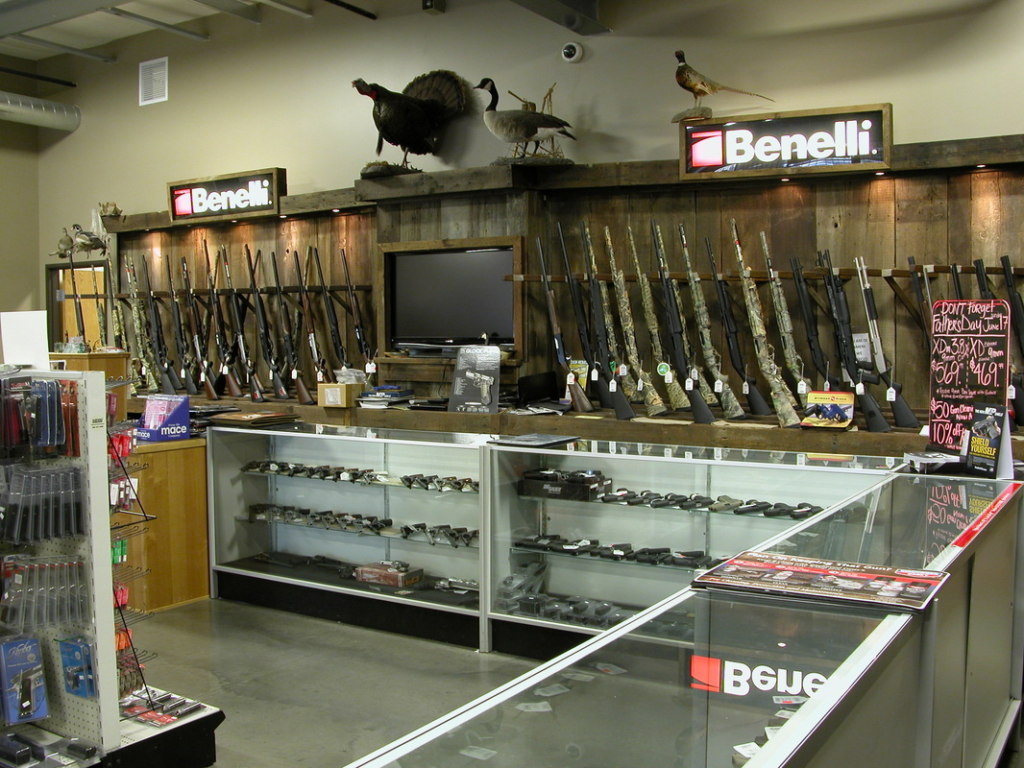
That meant individuals who weren’t actually gun dealers would no longer be violating the law if they didn’t keep records of their firearms sales.
The new law also required a warrant to examine a firearms importer or dealer’s records, firearms, or ammunition — with only one annual inspection allowed to ensure compliance with record-keeping laws.
Gone were the days when an ATF agent could show up repeatedly and demand an inspection.
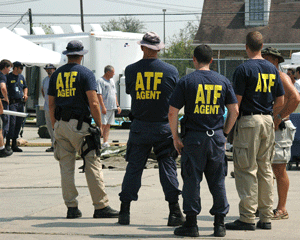
More importantly, FOPA established the requirement that someone could only be found to have violated the law if they had knowingly acted to violate the law.
As such, a violation of the GCA that could result in firearm confiscation was now limited to requiring a firearm be “involved or used” in a knowing violation of the GCA…not just “involved in or used or intended to be used.”
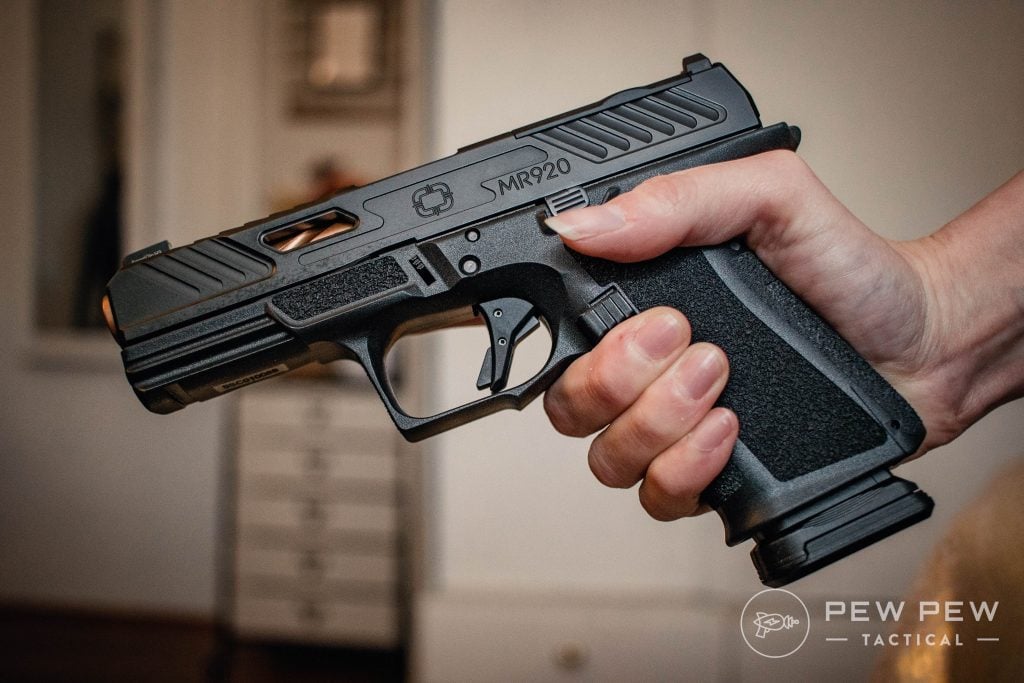
Combined with the new “gun dealer” definition, an individual gun owner selling a couple of guns once or twice a year would no longer have to surrender his firearms if an ATF agent thought what the gun owner could be intended to violate the GCA.

Even better, sales of rifles and shotguns could take place across state lines under FOPA — as long as the seller and buyer met in person, and the sale did not violate laws of either the state of the seller or the buyer.
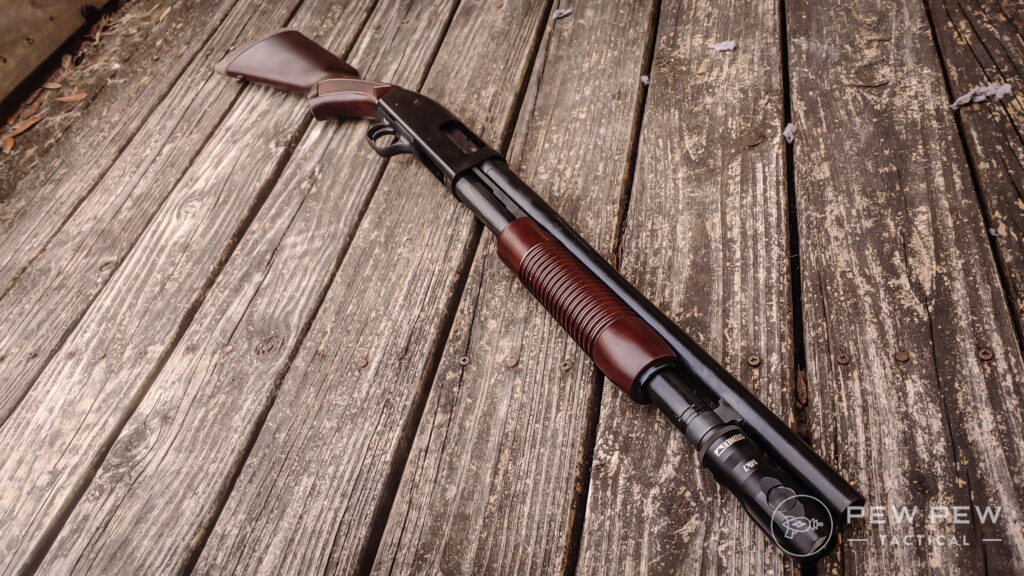
What’s more, FOPA also allowed transportation of unloaded firearms regardless of any state laws or regulations.
Again, as long as the person could legally transport firearms under Federal law.
The Real Deal(ers)
In addition to excluding individual gun owners from the “gun dealer” definition, there were also new rules in FOPA to make the life of an FFL easier.
For one, there was no longer a requirement to record all ammo sales unless it was for armor-piercing ammo.
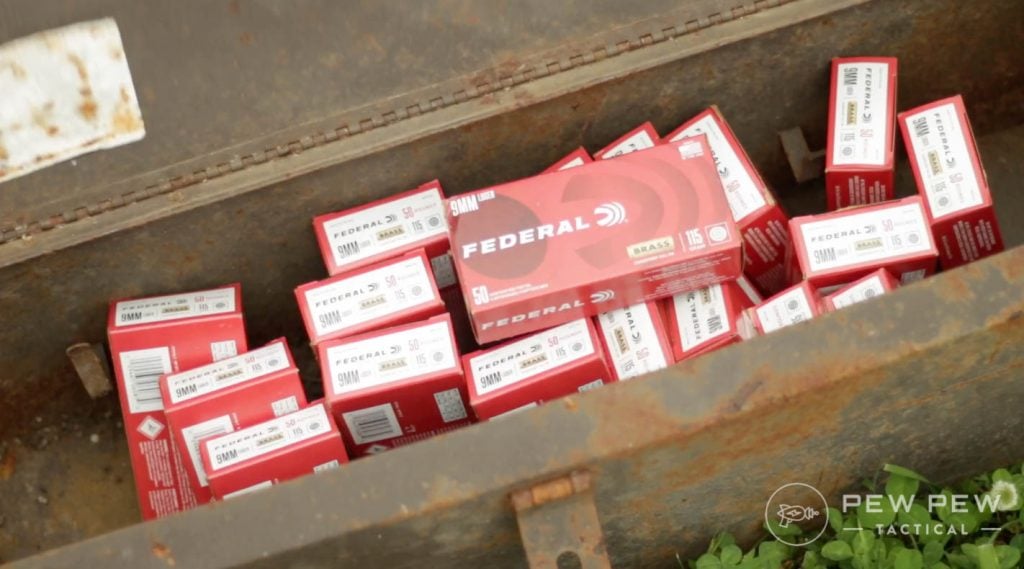
Fewer records to keep, fewer to lose track of.
Firearms sales still had to be recorded, however, and licensed collectors were required to keep records of sales and transfers of firearms as well.
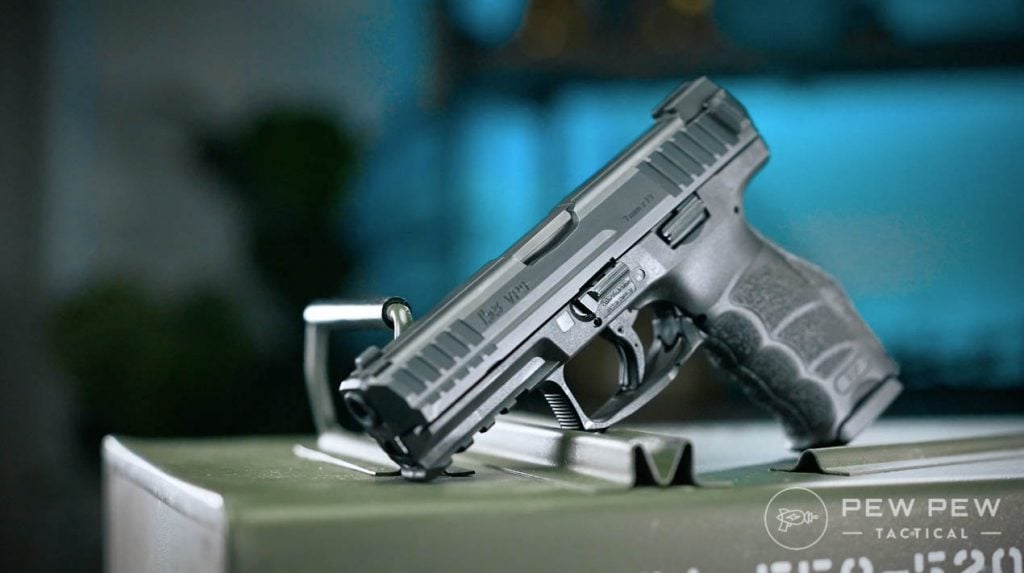
As a bonus for gun show attendees, licensed importers, manufacturers, and dealers could also conduct business at temporary locations. This allowed for sales at gun shows and other events.
Bad News Bears
While a lot of GCA issues were addressed, FOPA also imposed new restrictions on gun owners.
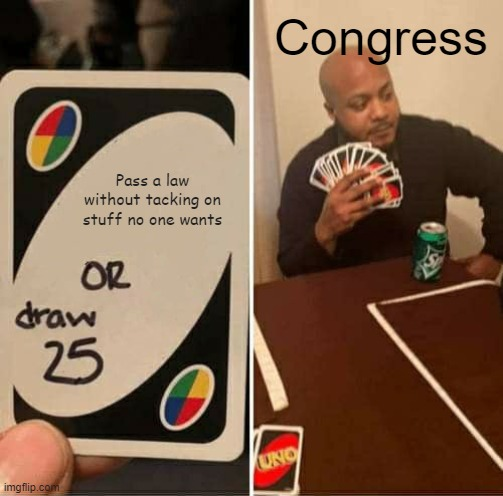
The biggest one… a change to the law that made it illegal for civilians to transfer or own any machinegun that was made after FOPA was enacted on May 19, 1986.
Any machine guns made after that deadline were limited to sale and ownership by government agencies only.
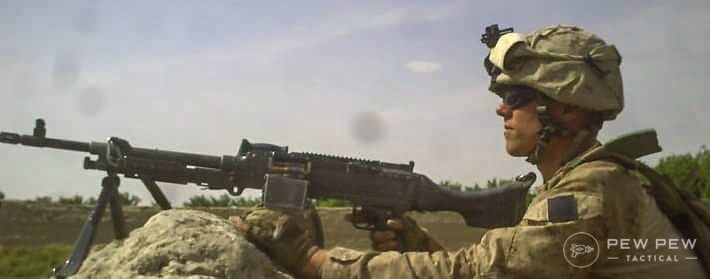
To make things worse, the definition of a “machine gun” was amended to include any part designed and intended for use in converting a weapon to a machine gun.
So, civilians only had access to machine guns already in existence as of that May date.
With a limited (and constantly dwindling) supply, the price of machine guns skyrocketed.
Add to the fact a machine gun is an NFA item; you’re looking at lots of both time and money to get your hands on a machine gun…or even just a machine gun part, like an auto-sear.
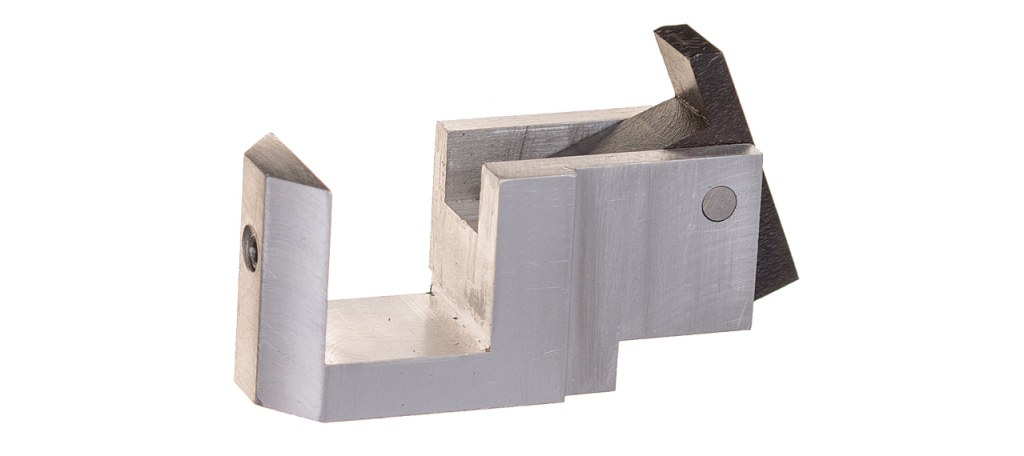
Another kick in the pants was the redefinition of a suppressor.
Any part intended for use in the manufacture or assembly of a suppressor would also be treated under the same rules as an actual suppressor itself.
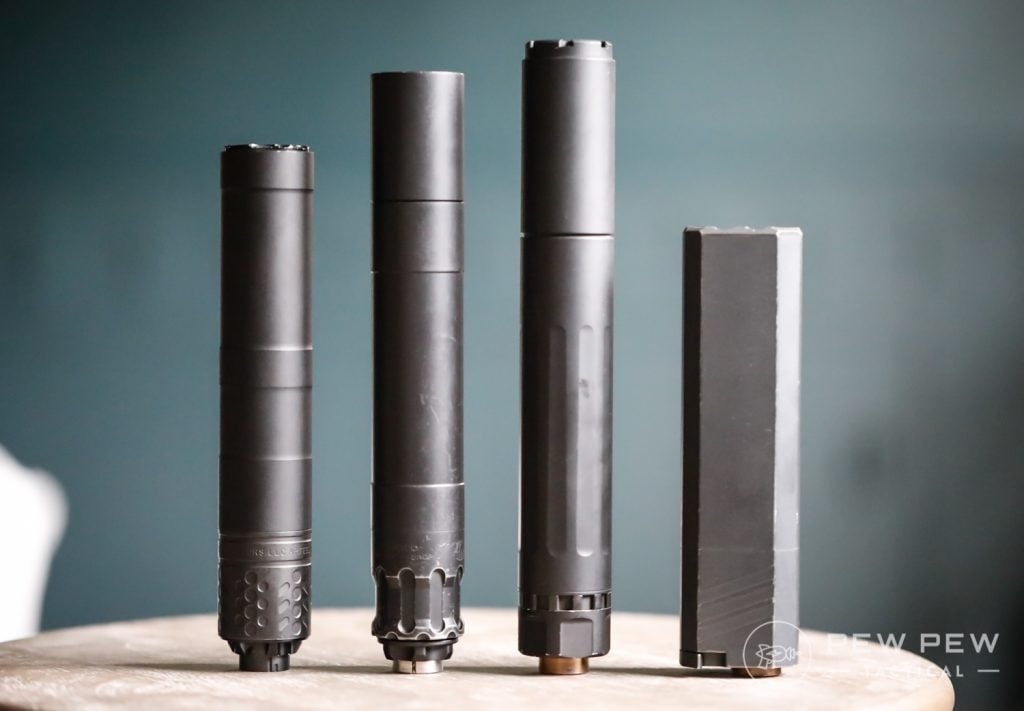
No buying parts or making a suppressor at home without permission from the ATF.
While the GCA only prohibited importing of firearms under the dreaded section 922R, FOPA expanded on that.
FOPA included prohibitions on the import of the firearms themselves, as well as any frame, receiver, or barrel of a firearm, which, if assembled, would result in a firearm that is prohibited from import.
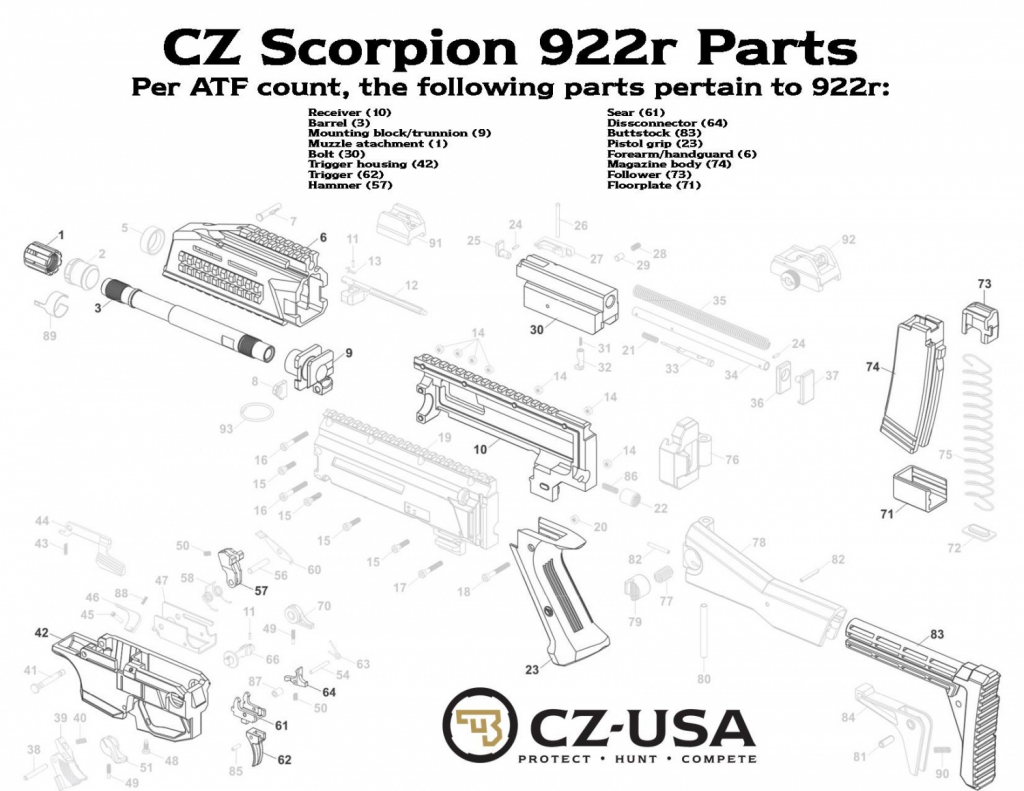
Definitely makes getting those fun, exotic guns a little tougher. Nothing our 922R article can’t help with, though!
And finally, FOPA added new categories of individuals prohibited from the purchase of firearms or ammunition.
These included illegal aliens, dishonorably discharged armed forces members, and U.S. citizens who renounced their citizenship.
Not a huge deal for most of us, but still worth mentioning.

Conclusion
FOPA helped scale back the incredible leeway the ATF had in going after individual gun owners for technical violations of the GCA.
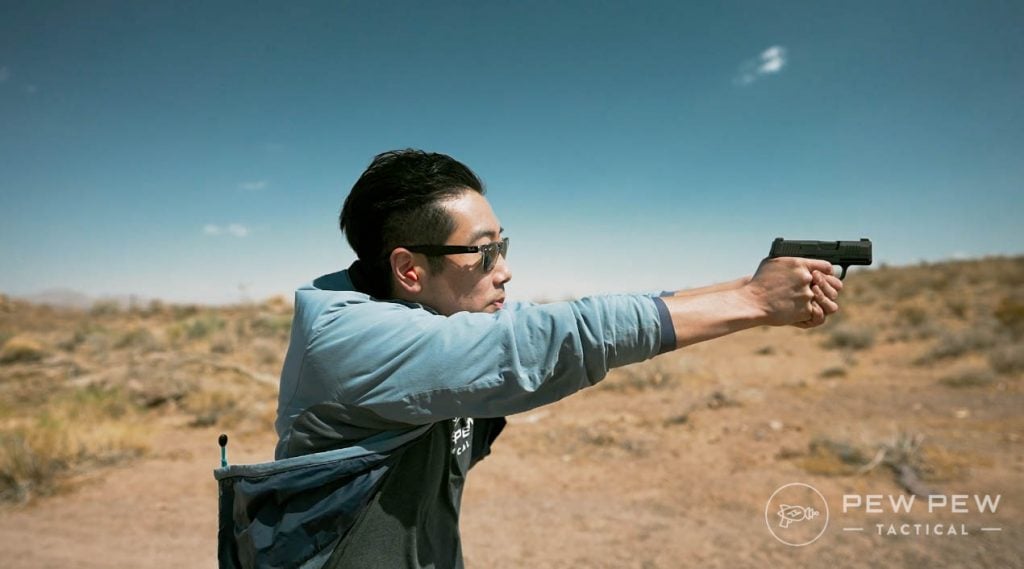
The restrictions on machine guns were a big blow to pew fun. Not to mention, the additional restrictions on imported firearms under Section 922R and suppressors were pretty disappointing.
That said, it did address a lot of problems with the GCA.
Selling and buying ammo is less of a hassle. Traveling with firearms is a possibility now.
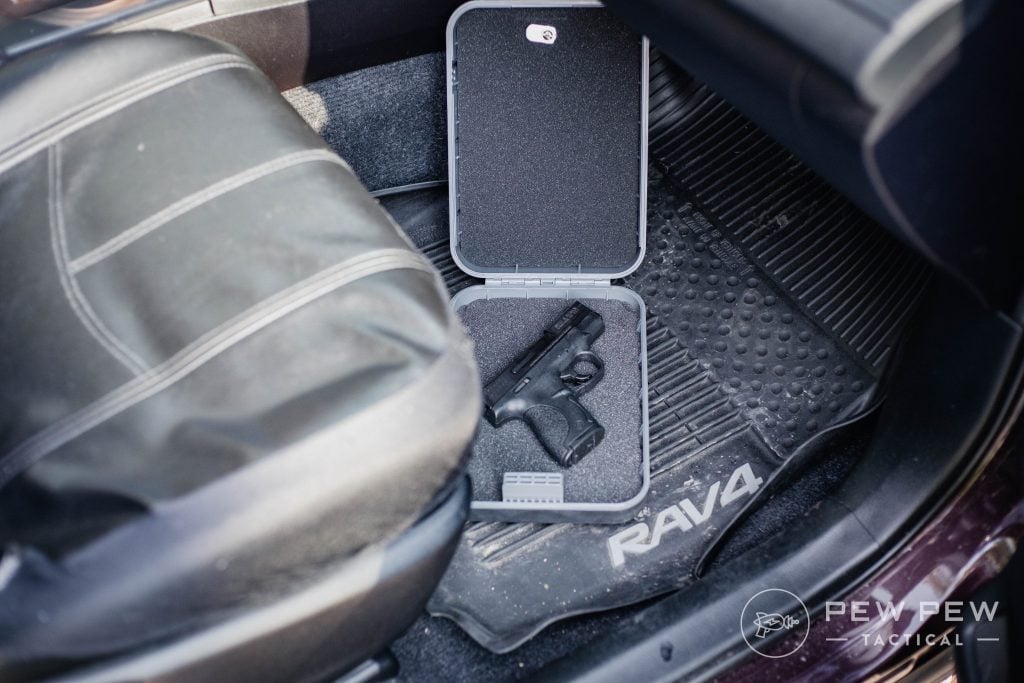
Of course, if you live in a state like California or New York, then ignore everything you just read because it is a hassle and a half. (Need some guidance, check out our article on California Gun Laws.)
What do you think of FOPA? Share your thoughts in the comments below. Need to get spun up on some federal gun laws? Take a look at our articles on the GCA, 922r, and the NFA.

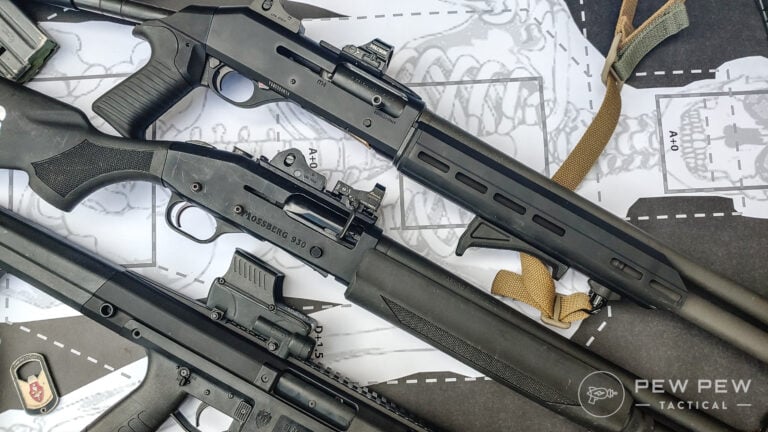







1 Leave a Reply
Paul Yen & PewPewTactical, what are thoughts and analysis of new ATF rules proposal published in the Federal Register and open for public comment for 61 more days— changing the definition of “Engaged In Business” in FOPA. regulations .gov/document/ATF-2023-0002-0001